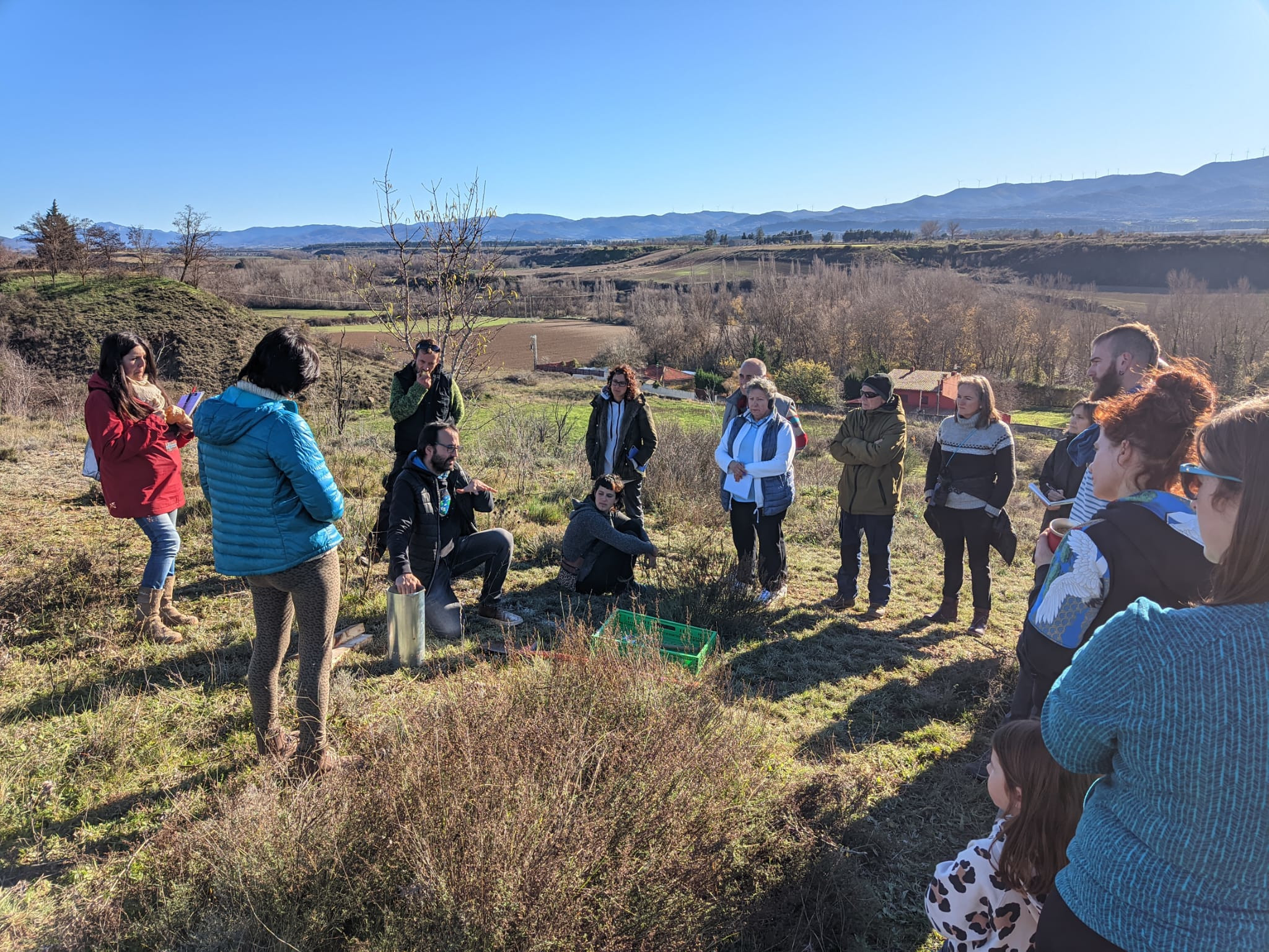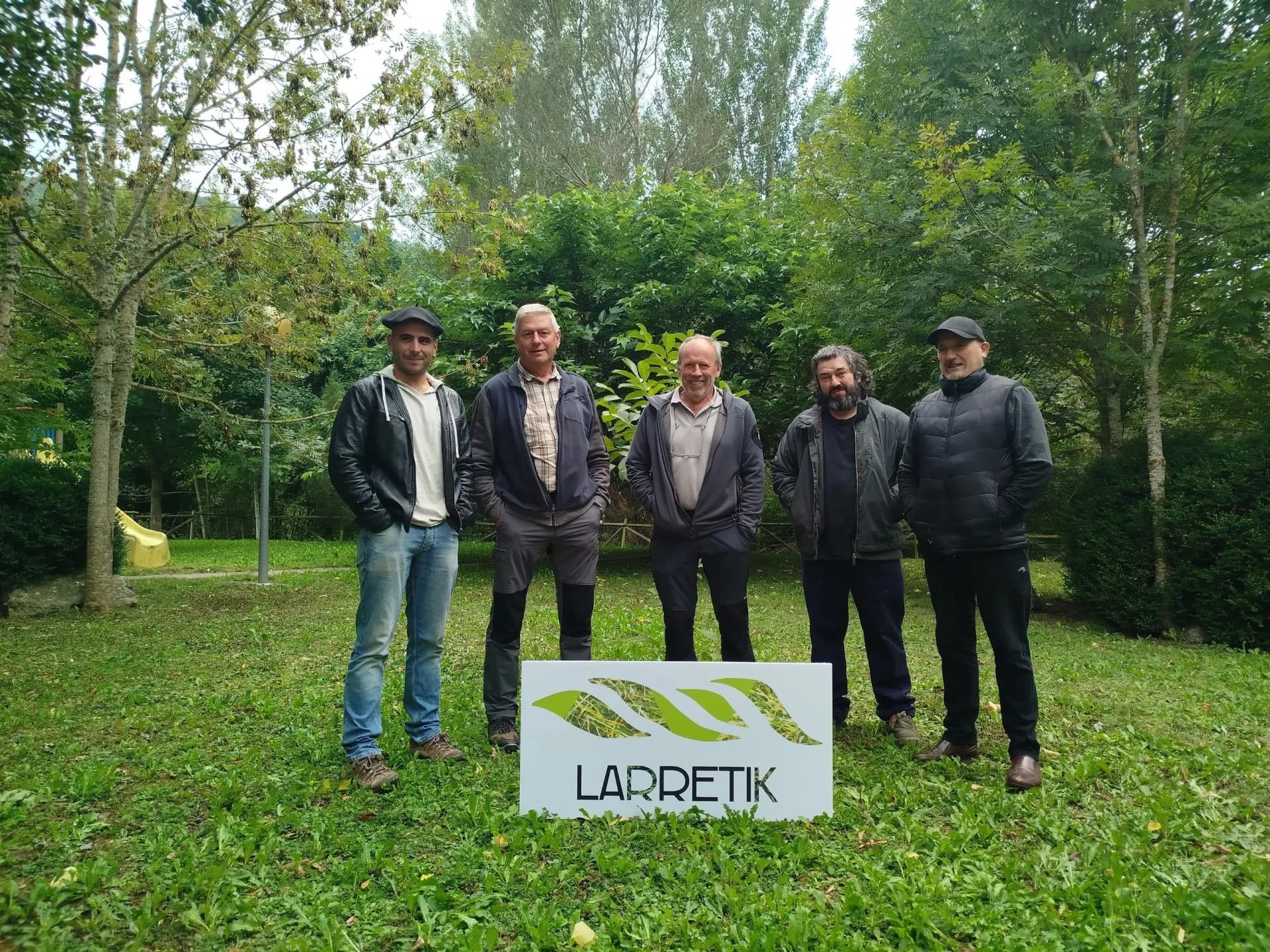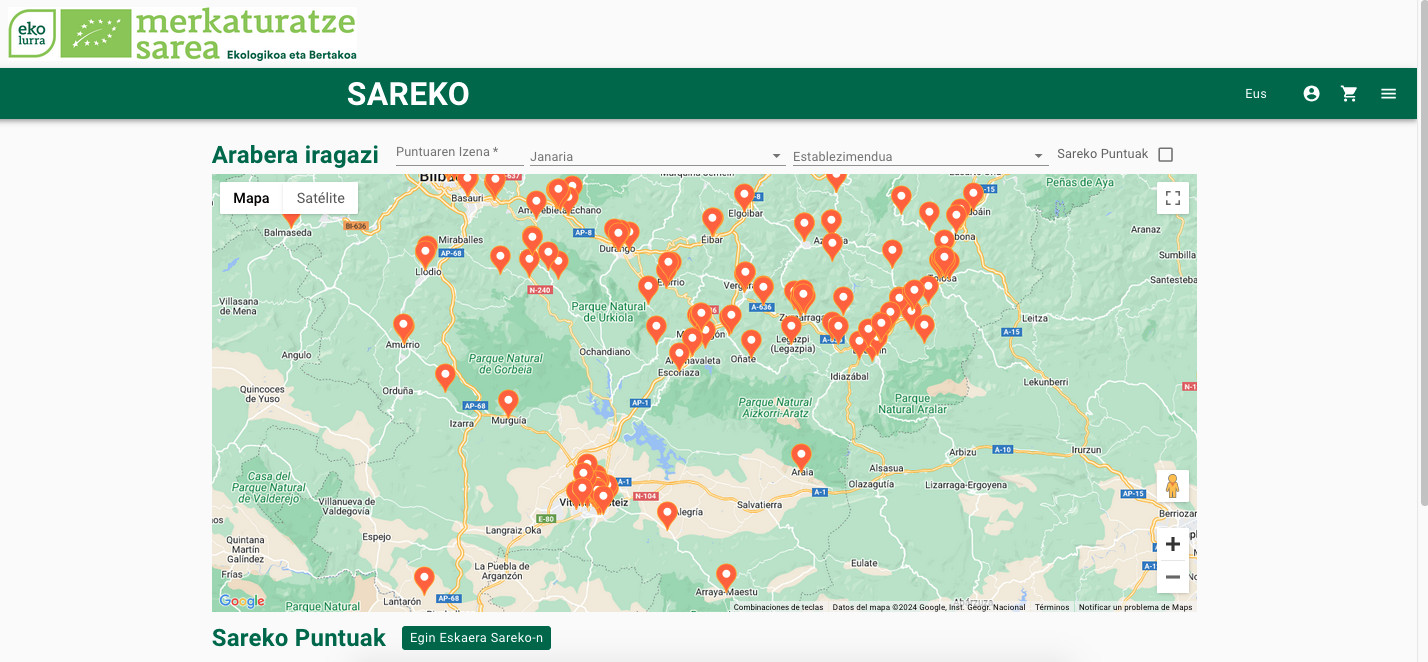“We started the project because there was no pasta nearby here”
- In the street Centro de Orereta there is a worker and a special shop for pasta production: Zen. Iker Eizagirre Gallardo and Naiara Retegi Lekuona, the founders of the project, took their first steps in 2016. “Seeing that pasta is a staple food and that there were no such projects here, we decided to launch something,” explains Retegi. They started skipping at home, and once they had some experience, in 2018 they opened the venue. It has cooperative worker and shop.

Asked about the existence of relations with agriculture or food, the project member replied: “If we had relationship, but as consumers. We were consumers and activists in food sovereignty.” In this line of consumption of food produced nearby and sustainably, it was found that they did not find in their environment the desired pasta. “We took the vegetable basket, the eggs, the bread … but there was no pasta, so we decided to take the step,” he says.
In this jump from consumer to producer they have collaborated with other small projects that produce pasta in the Basque Country, such as the Txaramela de Bizkaia. “They left us a machine at first and with it we started making fresh pasta, especially.” They have been learning and improving with the help of other producers, with what they have learned actively and with the response they have received from consumers. “When we open the worker, we get the machine to make and stretch dough, we say it’s our third worker,” says Retegi with humor.
Fresh and dry organic pasta
The initial idea of project members was to work with nearby producers, but the situation in the primary sector has not been easy to maintain this opportunity. “Our intention was to work with small producers and indigenous people, but when we started shaping the project we saw it would be difficult. Getting Semola around you, for example, is very difficult,” he explains. They use ecological raw materials in Zen, which have so far marked the red line.
As the project is stabilizing, we intend to deepen this work to establish relations with nearby producers and try to recover indigenous varieties. “This requires more years of work and consolidating the project. We gradually want to do the duties we have in this area,” he says. Pasta is mainly sold in your shop, but also in nearby consumer groups and other stores. “We sell fresh or dehydrated pasta. What we like the most is fresh, but it is true that today it is not easy to work with fresh products,” he concludes.






















